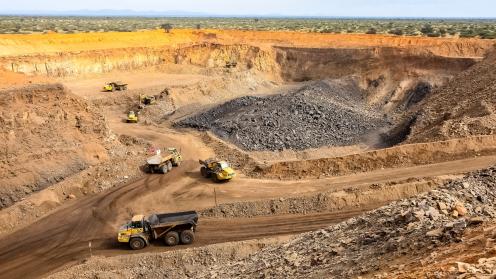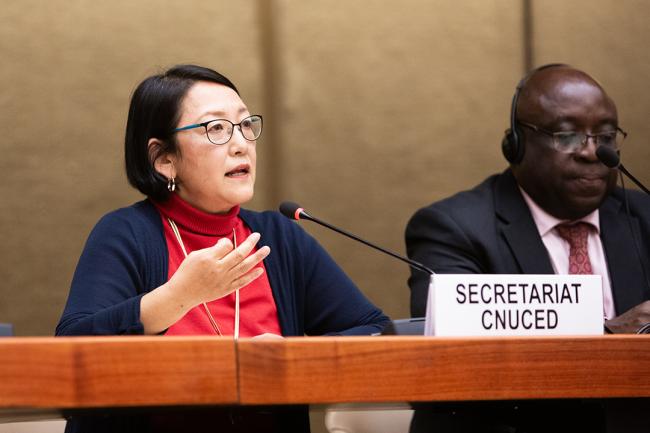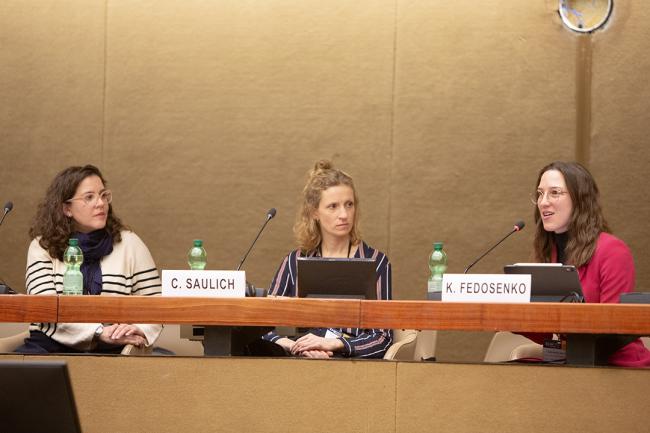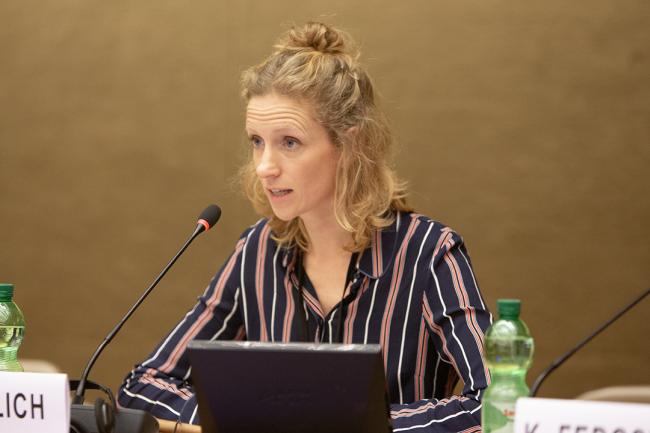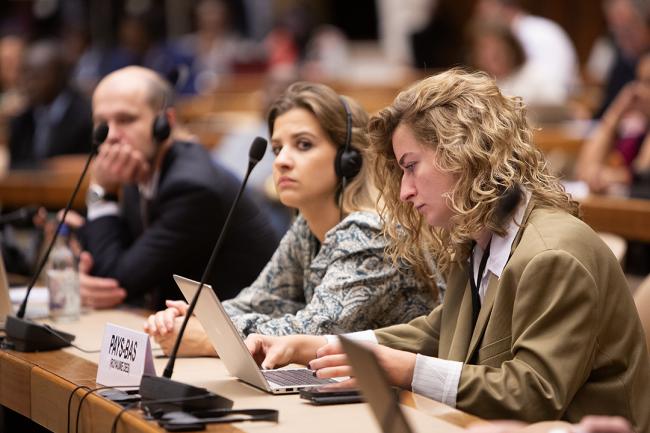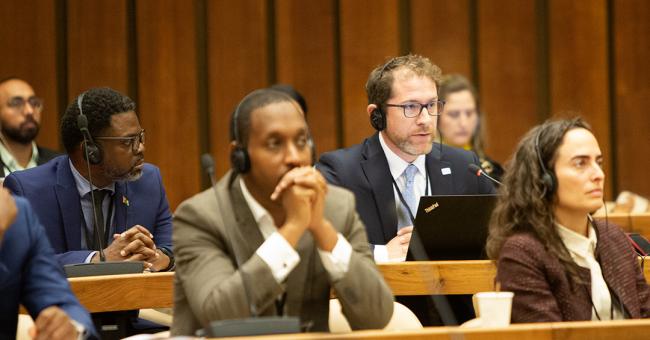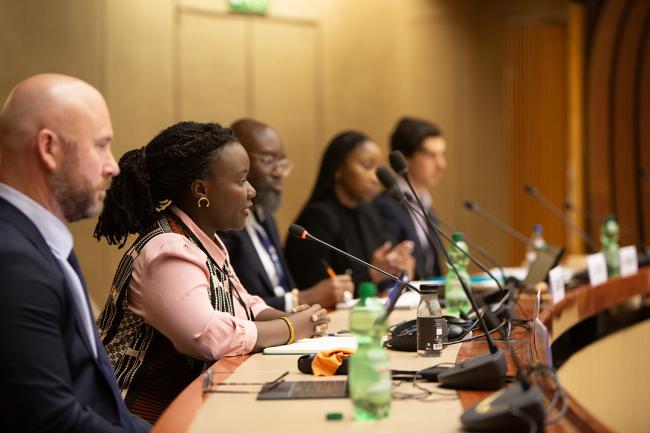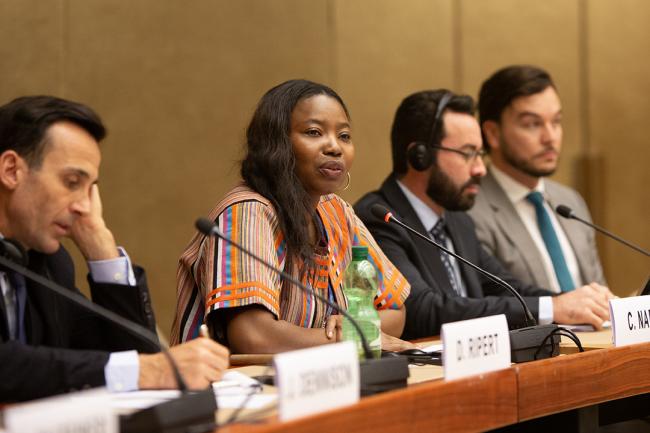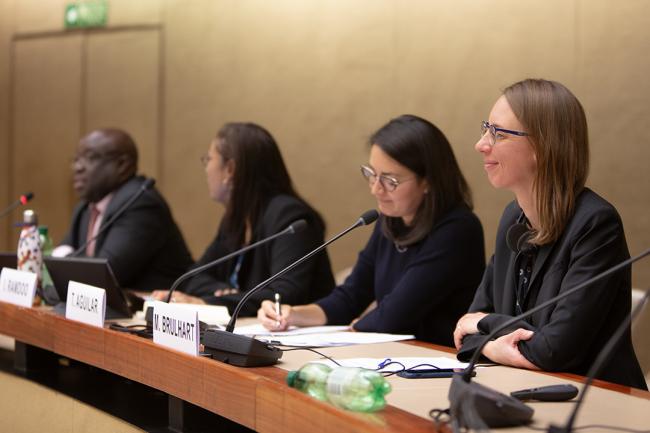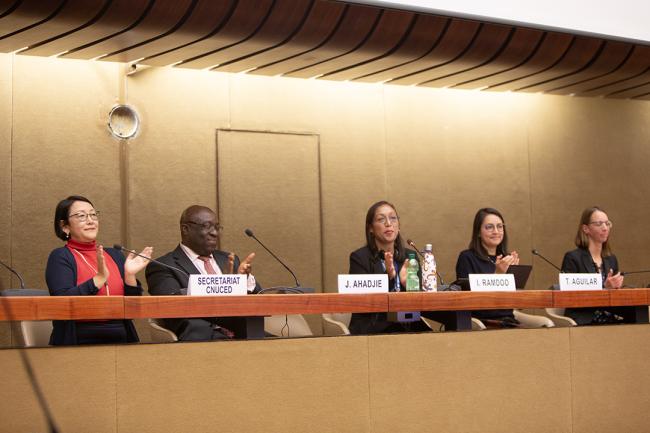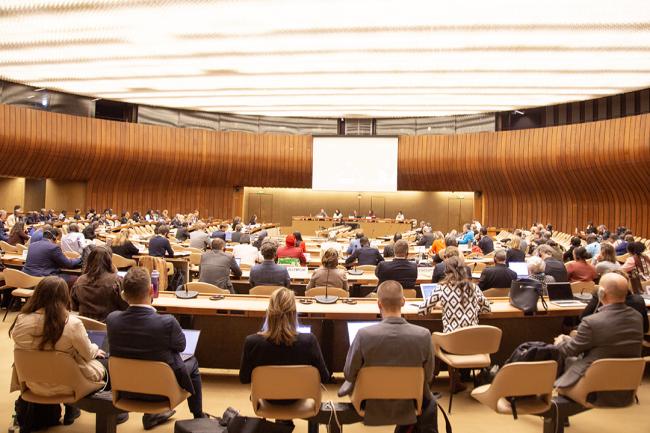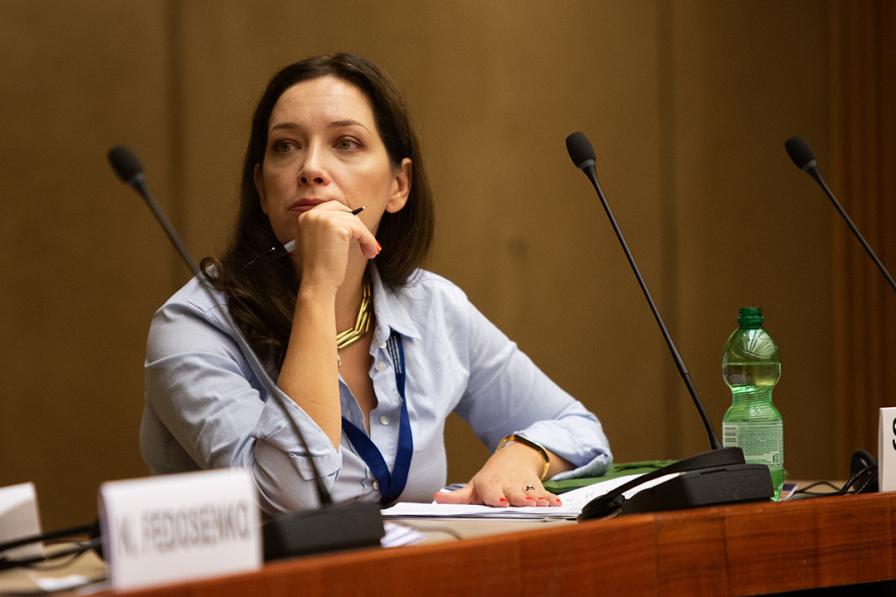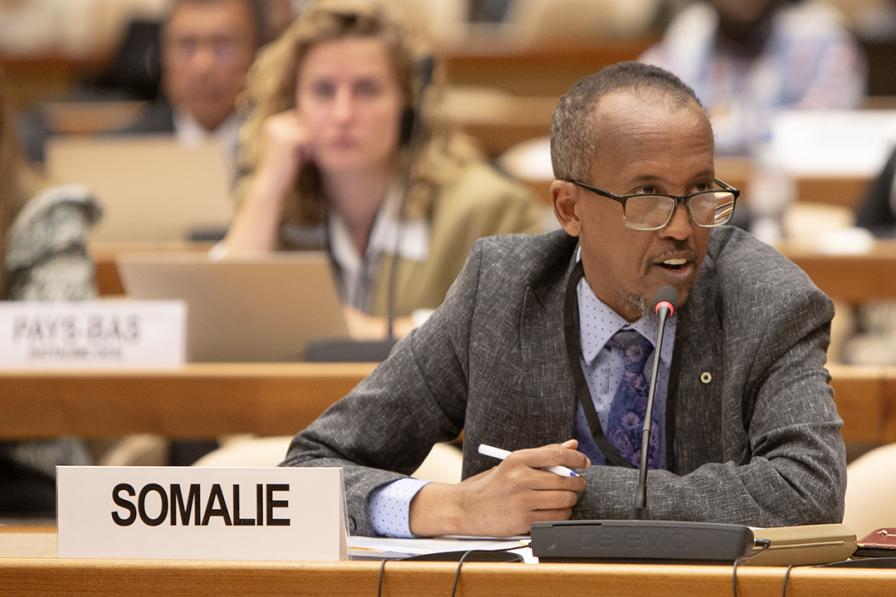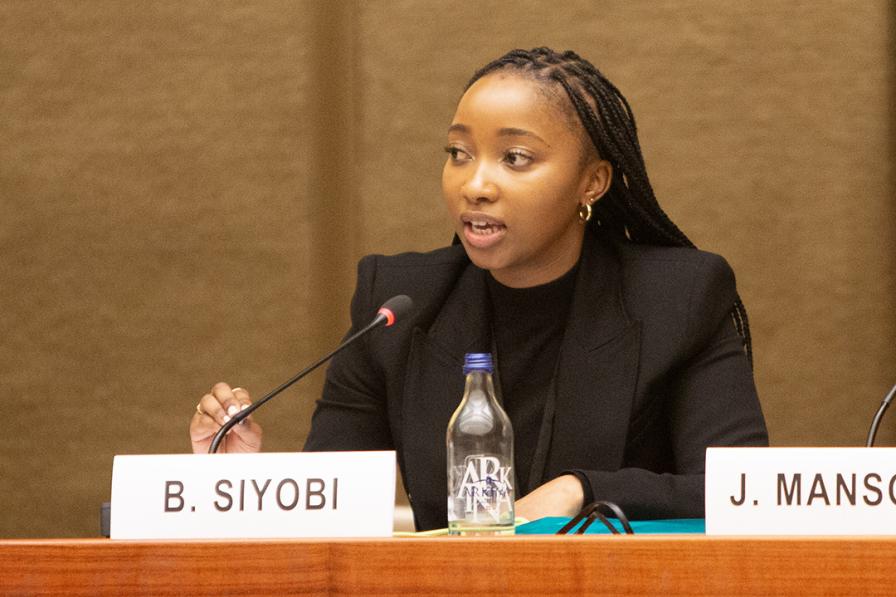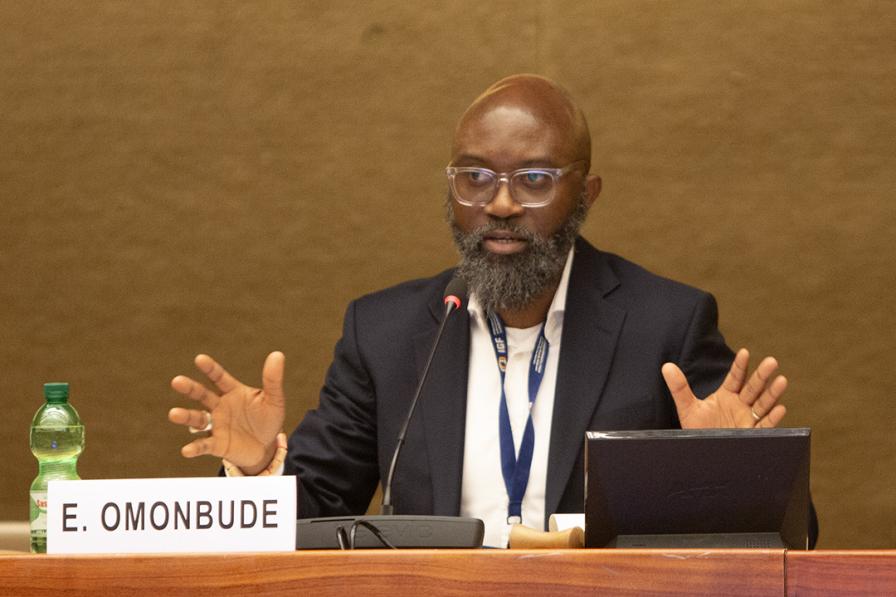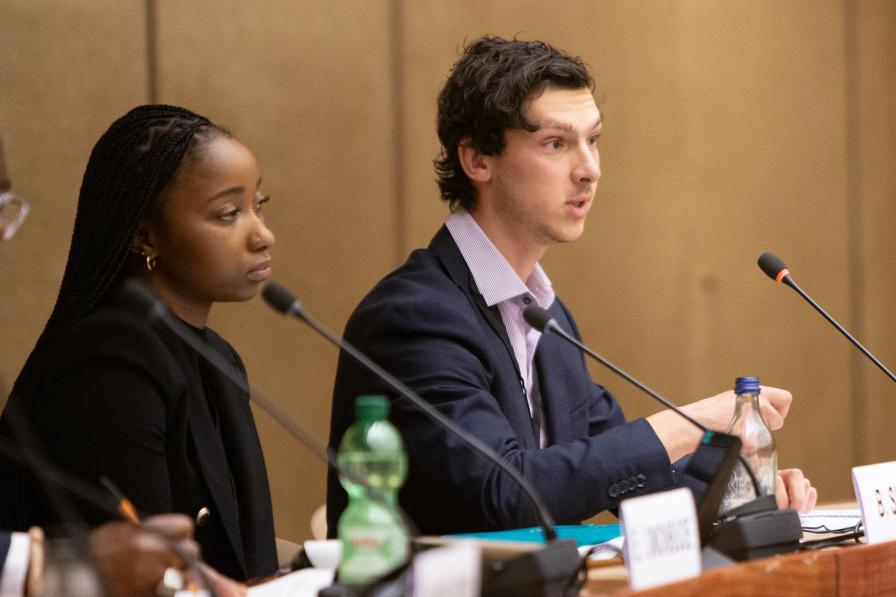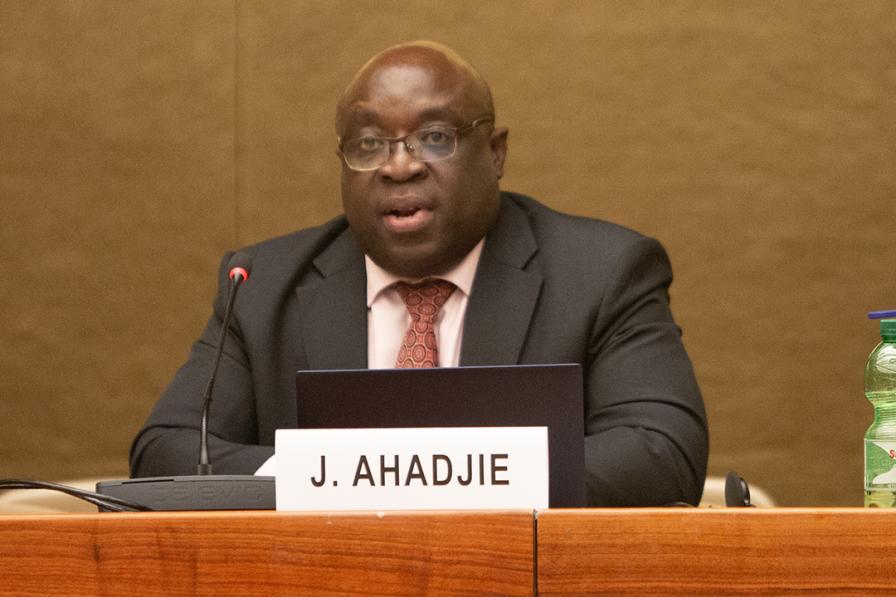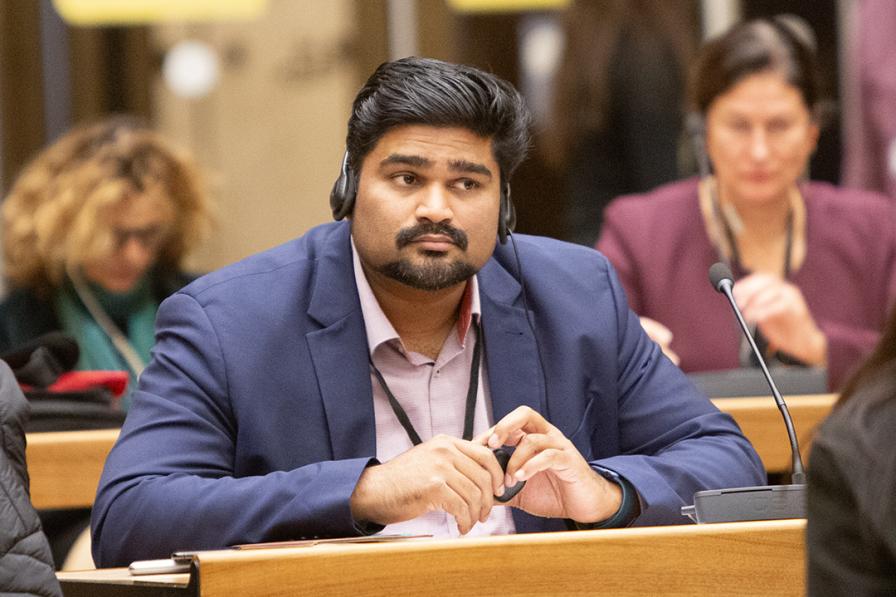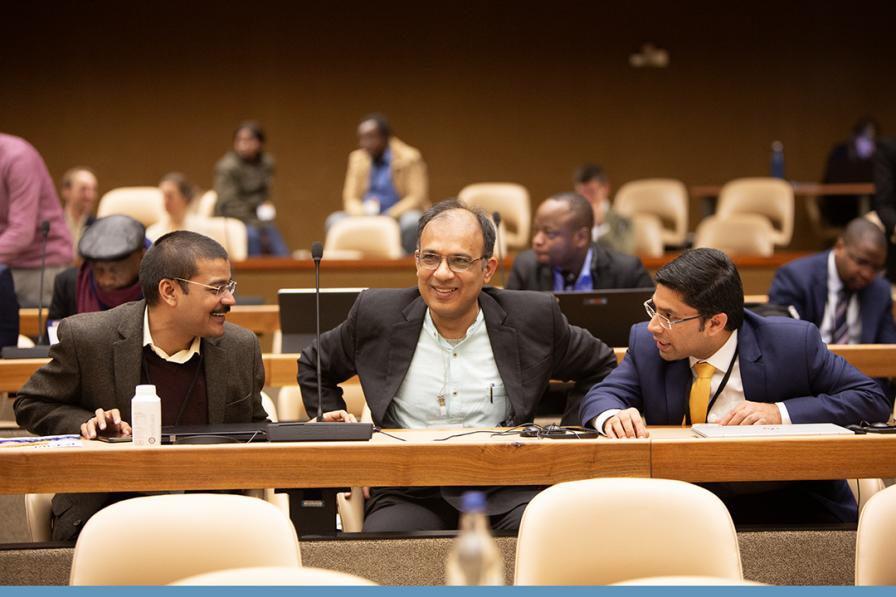The 19th Annual General Meeting closed with a call from a panelist for the mining industry to seize the opportunity to “become the hero of the story” by enabling a successful and just energy transition.
During the day, participants considered: how to ensure a fair, equitable, and just energy transition; current and future practice in benefit sharing from critical mineral extraction in the transition; and how to better manage the important but often un- or under-regulated artisanal and small-scale mining (ASM) segment.
On ensuring a just transition, Katie Fedosenko, Teck Resources, discussed the importance of incorporating environment, social, and governance (ESG) considerations in all corporate decisions. Camila Pereira Rego Meireles, International Labour Organization (ILO), stressed that countries need to invest in human capital, especially women, to seize the employment and economic opportunities of the transition. Matthieu Salomon, Natural Resource Governance Institute, emphasized effective internal management systems, independent supplier oversight, and transparency and accountability regarding procurement processes and licensing, as key to combating corruption.
Regarding sharing financial benefits, moderator Ekpen Omonbude, IGF Secretariat, presented the draft IGF practice note now circulating for consultation, Financial Benefit-sharing Issues for Critical Minerals. Loyola Rwabose Karobwa, Ministry of Energy and Mineral Development, Uganda, discussed the features of her country's Mining and Minerals Act 2022, including production sharing arrangements, state equity participation, local content obligations, and mandatory CDAs for medium and large-scale projects.
Joseph Mansour, Foreign, Commonwealth and Development Office, UK, discussed the international collaboration pillar of the UK’s Critical Minerals Strategy. Kurt Burrows, Anglo American, discussed new models of financial benefit sharing, pointing out that there is “no right or wrong approach,” and stressing the need to balance various factors, such as risk sharing. Busisipho Siyobi, Good Governance Africa, emphasized non-monetary benefits like employment, procurement, and basic services.
On ASM, Nellie Mutemeri, MutConsult, shared key findings of an upcoming IGF-report entitled “ASGM tailings management and reprocessing governance.” Jane Dennison, State Department, US, encouraged governments to think about managing ASGM tailings through incentive based regulation.
Damien Ripert, Government Services, French Guiana, discussed efforts, in cooperation with Brazil and Suriname, to curb illegal ASGM in French Guiana, as well as the mercury pollution it causes. Agus Wahyudi, Ministry of Energy and Mineral Resources, Indonesia, shared his country's experiences overcoming illegal mining and presented Indonesia's National Action Plan that aims to monitor and eliminate 100% of the mercury from ASGM by 2025. Gilson Camboim, National Coordinator, Minerals Cooperatives, Cooperatives Organization of Brazil, shared some positive examples of how gold cooperatives in Brazil are implementing new technologies and working to become more sustainable.
On the future of benefits sharing, Jerry Ahadjie, African Development Bank, discussed the Bank’s analytical, technical, and finance work to help develop Africa's mineral value chain, and related work on the Alliance for Green Infrastructure, Leveraging Energy Access Finance Framework (LEAF). Tatiana Aguilar, World Economic Forum (WEF), discussed how WEF is mapping the over 30 risks of extracting critical minerals for the energy transition. She highlighted three risks: increased resource nationalism; reduced responsible mining; and increased environmental impacts and waste generation. Michele Brulhart, Executive Director, Copper Mark, discussed demands for certification standards to evolve to reflect more actors and changing views of responsible mining. She also mentioned talks underway to possibly consolidate the four existing metal certification schemes.
In closing remarks, Miho Shirotori, UN Conference on Trade and Development (UNCTAD), outlined areas for possible future UNCTAD joint work with the IGF, including assistance for mineral-producing countries to negotiate equitable contracts, undertake fiscal planning, manage revenue, audit prices, grade minerals, and negotiate environment commitments.
IGF Secretariat Deputy Director Isabel Ramdoo closed the meeting by thanking all participants for an interesting and successful AGM.
To receive free coverage of global environmental events delivered to your inbox, subscribe to the ENB Update newsletter.
All ENB photos are free to use with attribution. For IGF-AGM, please use: Photo by IISD/ENB | Angeles Estrada
